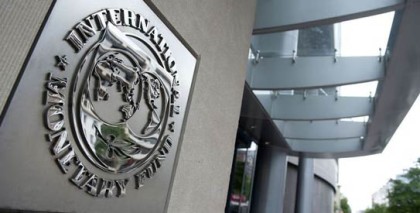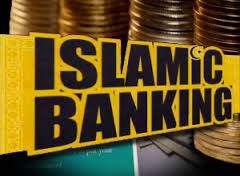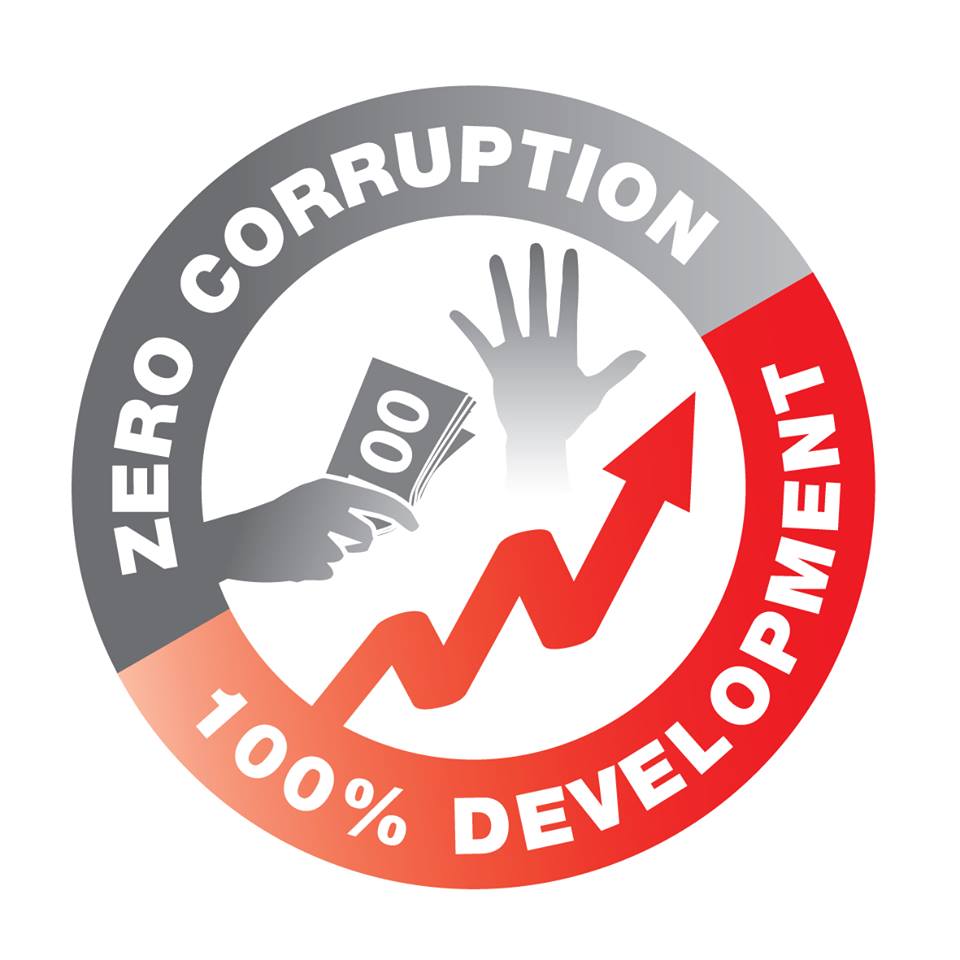 The International Monetary Fund (IMF) expects Mauritania’s real GDP growth to reach 4.2 percent in 2016 thanks to a rebound in mining production.
The International Monetary Fund (IMF) expects Mauritania’s real GDP growth to reach 4.2 percent in 2016 thanks to a rebound in mining production.
After concluding a recent review of the country’s economic situation, the IMF says economic activity in the non-extractive sector is expected to remain subdued, with growth slowing marginally to 2.9 pc in 2016 while the inflation will rise to around 3.6 pc.
As to the current account deficit, it is expected to improve to 15 pc of GDP and the fiscal deficit is projected to narrow to 3 pc of non-extractive GDP, on account of the implementation of revenue measures and spending restraint.
According to the IMF analysis, the deteriorating outlook and heightened global uncertainty call for an ambitious adjustment to support the external position and public finances, and to promote economic diversification and more inclusive growth.
This would require accelerating foreign exchange market reforms conducive to higher exchange rate flexibility, and promoting economic diversification and private sector development through reforms that improve competitiveness, trade, and access to credit and foreign exchange, say the IMF experts.
“Preserving financial stability in the context of lower economic growth is also needed for the financial sector to support stronger economic diversification and private sector development over the medium term”, stress the IMF, calling for adequate macroeconomic policies and a strengthened monetary policy framework to reduce structural weaknesses and support financial stability.
“Mauritania can achieve its medium term goals of becoming more prosperous, more diversified and less dependent on commodity cycles despite the uncertain global economic environment”, notes IMF in its analysis.
Following several years of strong economic performance, Mauritania is facing a severe terms-of-trade shock due to the decline in iron ore prices that has weakened its economic performance and outlook, goes on the IMF.
Economic growth slowed during 2015. The IMF estimates real GDP growth at around 2 percent, from 6.6 percent achieved in 2014, due in part to lower iron production.
The economic slowdown has also affected the financial sector. The banking system remains well-capitalized and liquid, but liquidity is declining and the sector remains vulnerable to shocks.



